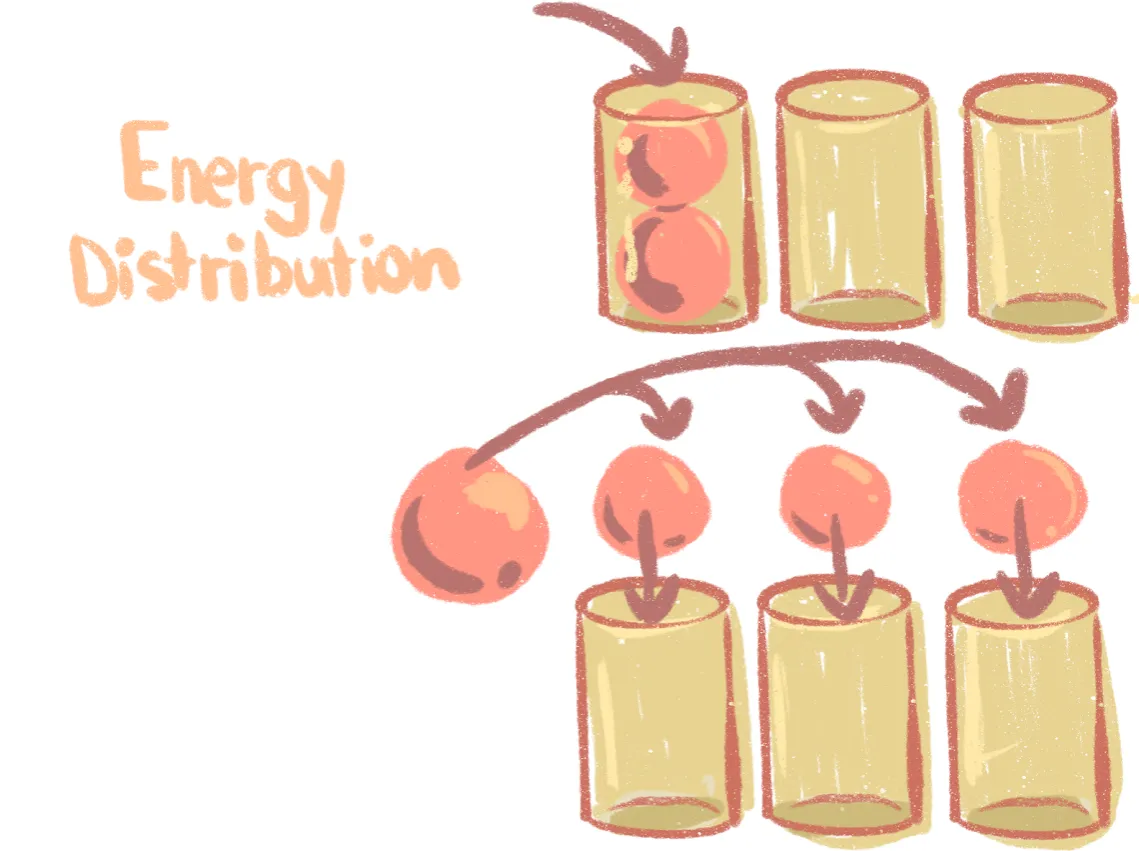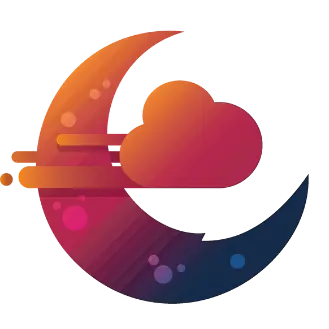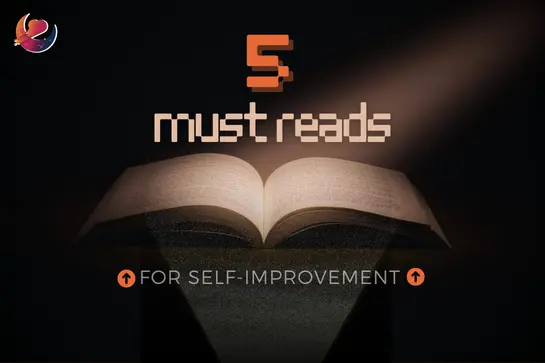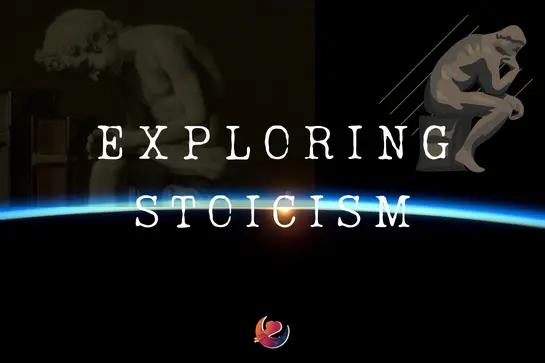By Mudit Jha | 30th October, 2022
Don't have enough time? We have all faced this issue, but the problem is not that we don't have enough time: it is that our physical and mental energy is limited. Therefore it's crucial to learn how to effectively manage our energy so that we make the most efficient use of our time - Our most valuable asset!
One problem that we as students face is that we often spend our efforts on things that are not energizing or 'enjoyable' enough to make the tasks at hand sustainable. This leads to burnout which is the root cause of getting demotivated. The topic we'll dive into with this article is how to create an Energy Management Portfolio to keep track of our current tasks and separate our future goals and projects.
🙈 Acceptance
As a student, I've tried juggling multiple clubs and activities to 'fill my schedule', and despite my genuine interest in all those clubs, it was unrealistic to manage all the commitments. I was spreading myself thin by trying to do so many things at once. Which only led to burnout and unwanted stress.
Overcommitment leads to stress with constant responsibilities and unrealistic expectations.
Once I accepted this fact, I found that it is much better to focus on the few clubs that I would want to hone in on and put aside others as future investments. This strategy helps us clarify the things that we want to prioritize at a given time and manage our energy thoughtfully.

This illustration shows the two ways for that energy can be distributed to the diffrent containators, or tasks.
Time And Energy Are Finite ⌛
We all live the same 24 hours a day, and most of us sleep 6-8 hours of those hours. But what about the waking hours? How can we efficiently manage the energy in time we are awake, considering that our energy is finite?
.webp)
📅 Well, the answers lie in planning. Thoughtful planning goes a long way in helping us be as structured as possible when going about our day. Take note of the times when you feel most productive and when you don't. Find out how your energy levels fluctuate throughout the day. If you tend to consume caffeine as an external force to stay focused, try to not have caffeine and take note of how your body functions independently. Doing these tests will allow you to gauge your natural energy rhythms and align them with specific tasks that best suit the required energy levels.
Read Further: Energy Drinks: The Hidden Costs Of Caffeinated Drinks?!
.webp)
📶 In an era where we want everything as fast as possible: with Instant Gratification, we want to achieve a million things at the same time. When we burn through every day with no plans or goals, we essentially have no gauge and control of where our energy and time are being spent. It becomes even worst when we slowly begin to become consistent and eventually end up hitting a breaking point; lost in vision and purpose.
.webp)
🧪 Scientific Reasoning And 🧠 Psychology
The best indicator of how many projects or tasks we should have simultaneously going on call is reduced to the amount of 'working memory' that our brains are capable of storing.
➡️ The working memory is 7 +/- 2 bits of information. AKA, the Magic Number Seven Memory/ Miller's Law.
According to the above fact, on average a normal person can fit seven (plus or minus two) tasks in the conscious memory, something that we easily process, record, and retrieve.
.webp )
☎️ Just look at phone numbers, for example, most phone numbers are 7 digits in length, excluding area codes. This is not at random. In fact, this is done purposefully to make them stick in our memory more easily, and it utilizes scientific reasoning. (But most of us don't even in this era, don't even bother or need to memorize them in the first place thanks to technology!) This is also a common trick used for visual design, as it helps minimalize distractions and maximize the focus on important details.
Key Takeaways! 🔑
- Divide your chunks of energy and time spent.
- Focus on 7+/- 2 things at a time to stop over-committing.
- Accept that you CAN’T get everything done.
- Thoughtful planning and Delayed Gratification can take you a long way in your journey.





Forgot password?
Close message
Subscribe to this blog post's comments through...
Subscribe via email
SubscribeComments
Post a new comment
Comment as a Guest, or login:
Connected as (Logout)
Not displayed publicly.
Comments by IntenseDebate
Reply as a Guest, or login:
Connected as (Logout)
Not displayed publicly.